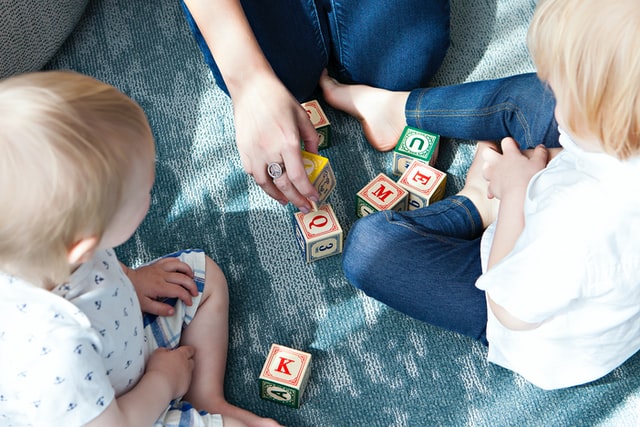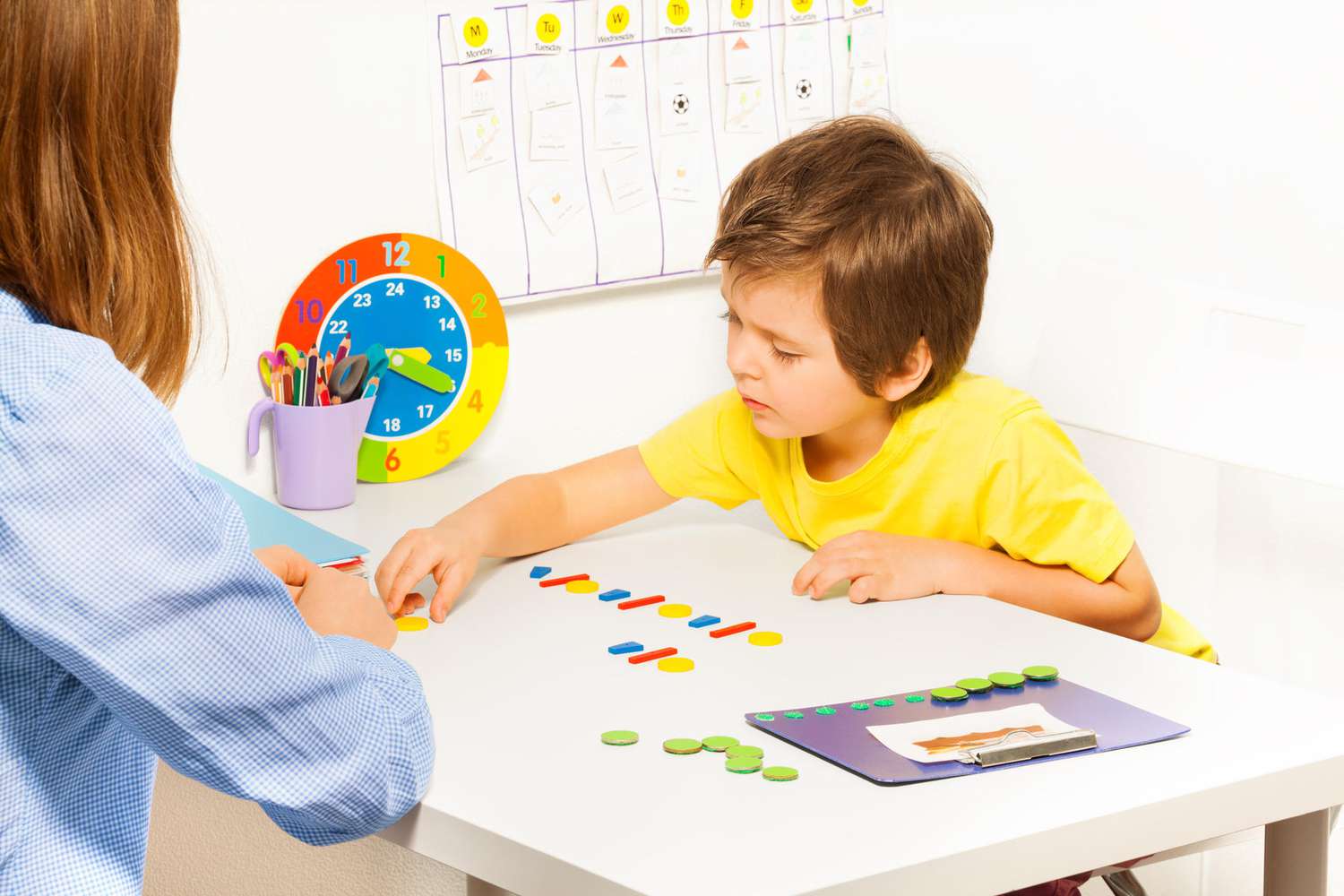
Boosting a child’s confidence is extremely important for any parent. Confident children see challenges positively. It helps them make smarter decisions leads to a happy and content life. If a child is not confident, they can have developmental issues, low self-esteem, and even depression. Confidence can be such a tricky thing to cultivate in your child. It’s not like they can do an internship and then come home with some good experience under their belt! They’re just little people! How can we get them to have self-assurance early on?
In this article, we’re going to cover a few ways to boost your child’s confidence.
Be a Role Model For Confidence
There is no better way to boost your child’s confidence than to be a role model for confidence. Children learn the most from their parents, and if you are confident, they will learn it from you! And that means that confident children grow up to be confident adults. Here are five ways you can be a confident role model:
- Be honest with your children. This will help them trust you more, and when they know that you always have their back, they’ll be more likely to speak up and tell you what’s going on in their lives.
- Encourage them to try new things, even if it seems difficult for them at first. Remind them that it takes practice to hone skills and become good at something. Tell them that if they keep trying, they might be surprised at how quickly they improve.
- If a child performs well in a certain area (whether it’s sports or academics), make sure that you praise him for his efforts and accomplishments in front of others, so he knows that hard work pays off and is something to be proud of.
- Show your children how to interact with others by putting yourself in their shoes. This will help them learn how to respect other people and see different viewpoints.
- Model self-confidence by being open about your strengths and weaknesses, being brave when the going gets tough, and doing the best you can without worrying about how others perceive you.
Don’t Be Upset By Mistakes
A parent can’t always prevent a child from making mistakes. But one mistake a parent can avoid is becoming upset by these mistakes because that tends to make children insecure about their abilities.
The key for parents is to try to understand the reasons behind their child’s mistakes to help their child learn from them.
For example, if your kindergarten student hands in a beautiful drawing and you praise her for her talent, telling her what a great job she did. But then, when she turns in her final project, it’s scribbled with a red crayon. You’re upset by the change in quality, and your child becomes upset when you express your disappointment because she thinks you don’t like her anymore.
She’s probably not going to ask what happened to the crayon next time. She’ll just do it on purpose so that you’ll like it. And then she’ll feel bad about herself for disappointing you again.
Parents should also keep in mind that children learn through experience, so the more “mistakes” they make in life, the better they’ll be at dealing with the future challenges that are bound to come up.

Praise Patience
The second way of boosting confidence in children is to praise patience. Teach your child that working hard on something pays off in the end and that being patient when trying new things will help with their confidence. For example, if your child draws a picture at school or makes something at home, tell them how proud you are of their work, even though it might seem like it’ll take longer to be complete. Besides, you can treat them after the success so that they understand the importance of perseverance. A Newtonshowcamp trip can be one way to appreciate them.
Give Them Room for Failing
The first way to boost a child’s self-esteem and confidence are to give them room to fail. This is done by letting them try new things and encouraging learning. For example, if your child wants to try out for a sport or join an extracurricular activity, encourage them to give it a shot even if they don’t think they’ll be good at it. If they don’t get picked for the team or make the cut, don’t tell them not to feel bad about failing. Besides you can hand them a task like planning a camp trip, if they fail to come up with the right ideas, you can let them know there is help from other sources like Newtonshow camp. Besides, let them know that everyone fails sometimes and that it’s okay because you still love them.
Help Them Discover Their Passion
You want to help your child find what they like to do and what they’re good at, so they can feel good about themselves. For example, if they love listening to music, let them take piano lessons or go to a music camp. If they’re good at sports, encourage them to join a team. Or, if they love animals, enroll them in an after-school program where they can volunteer at the local animal shelter. The more opportunities your child has to learn about what they like and are good at, the more confident they will feel in their abilities!
Set Goals
If your child wants something that you think is out of reach, for example to attend an Easter camp in Singapore, don’t discourage them! Instead, encourage them to make a plan on how to achieve it—this will allow them to set goals and feel proud of their achievements.

Give Positive Feedback
Positive reinforcement is one of the best parenting tools you have. Children need positive feedback to know that they’re doing well, so when you give your child positive feedback for doing something right, they will feel confident in their abilities and will be more likely to achieve success in the future. It’s also important to give your child positive feedback for trying, even if they didn’t succeed. This will help your child accept failure as part of growing up and discourage them from trying again.
Acknowledge Anxiety
When a child has anxiety, it can be hard to tell what’s causing it, especially if it’s a new feeling for them. Confidence can help ease that anxiety, so acknowledge any fears your child may express and help them understand the source of those fears. For example, if your child tells you that they are nervous about applying for a job at the local movie theater because they don’t know what questions they’ll be asked during an interview, talk with them about it.
Help Them Understand Perfection Is Not a Priority
The first thing to remember is that perfection is not the goal. It’s great to encourage kids to set goals and work hard towards them and it’s just as vital that they understand that those goals aren’t always going to be reached. If your child feels like something is wrong with them because they don’t do things perfectly, it can damage their self-esteem. Instead, consider focusing on the process. What did they do well? What could they do better next time? And when all else fails, remember that everyone makes mistakes! And no one is perfect!
Establish a Success Foundation
Another thing that should help boost your child’s confidence is helping them make connections between what they’re doing now and what they want to achieve in the future. Helping them see the big picture will help keep them motivated, and it will give them a clear goal to work towards.
Reward Efforts
Children will be more motivated if they feel like their efforts are being rewarded, even if it’s just a simple “Well done!” or a kiss on the forehead. If you reward your child for actions that you want them to continue doing, your child will be more likely to repeat those actions in the future.
Make Them Feel Loved
Make sure your child knows that they’re loved and valued at all times, even when they make mistakes or don’t perform as well as they had hoped. This will help your child persevere through difficult tasks, knowing that they have a strong support network behind them ready to help them get back on track. For example, you can treat them in kids camp in Singapore ().
Use Positive Titles and Labels
Kids’ self-worth is often tied to their performance, so framing things positively is important. A good example is calling your son a “great reader” rather than an “inconsistent reader.” The latter puts more pressure on them and diminishes their achievements when they don’t do well. Also, you should never call your child stupid or dumb. Don’t say things like, “What’s wrong with you?” or “Are you stupid?” This implies that intelligence is something that can be lost or gained. Instead, say things like, “I know you must have forgotten X because I see that you’re working hard.”
Instill the Idea That Practice Leads to Perfection
While your child may not get everything right away, the idea that if he practices something enough, he can eventually get it right is an important one. Your child will feel better about his efforts if he knows that he has an opportunity to learn from his mistakes and improve over time. Even for things that seem impossible at first, there is always a chance that he can eventually master them with practice and dedication. If you encourage this idea in your child, he will feel good about himself because of his efforts and accomplishments.
Instead of saying, “Why can’t you do anything right?” say something like, “Well, could you try it again? Maybe next time, you’ll get it right.” It inspires more confidence in their ability to succeed if they believe they can improve with practice.
Wrapping Up
Confidence is essential for children to succeed in school, on the playground, and even at home. It’s important to show your child how much you love them and proud of their efforts.